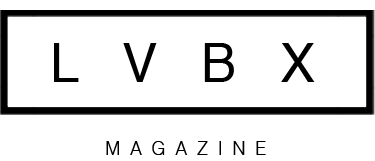
The “itty-bitty-shitty committee” is what I called the voices that lived in my head. Those negative and critical voices that tell me I am stupid, tell me you are stupid, or rail at the jerk tailgating me in traffic. It’s like I had this complaint remote living in my head and all the buttons were getting pushed all day long. I tried everything I could to turn it off, but it just seemed to get louder and louder as life got more chaotic.
One of the things I love about group settings, is inevitably there is someone who will tell me the truth, and that’s what happened around my committee. A wise friend of mine challenged me and asked, “Why don’t you pull them out, name them, and listen to what they are trying to tell you. Stop shutting them down as bad or wrong.” I decided to give it a try.
Little by little, I realized that the judgments and complaints were trying to tell me something important, so I started writing them down. My complaints about people being late for meetings or dinner was letting me know that I really value timeliness and efficiency. My complaints about dirty dishes piled in the sink and clothes piled on the floor (right next to the hamper) showed me I really value order. My need for honest dealings showed me that I really value my integrity and care about integrity being returned.
This was a bit overwhelming at first, but as I kept listening and paying attention, the voices started quieting themselves. It seems all they needed, like me, was to be seen and heard.
And the funny thing is, as I started to listen to the voices, solutions to meet my needs started to present themselves – solutions that didn’t necessarily require badgering my children or fighting with my spouse. Alongside the voice of shame and blame, lived the voice of intuition and wisdom, and by listening to the one I tried to avoid, I accessed the other.
Paying attention is the first step in conflict competence. According to Daniel Goleman’s Emotional Intelligence (EQ), self-awareness is a huge indicator of confidence. The more we listen to ourselves and get to know ourselves, our abilities and our limitations, the more our fears slip away; and when fear slips away, confidence steps in.
Another benefit of paying attention, scientifically speaking, is our ability to change our brains, literally. It’s called neuro-plasticity – the idea that what we think, do, and pay attention to can change the neural pathways that may be keeping us stuck. How cool is that?
So start paying attention … go for it… then let us know what comes up!
 Deborah Denson is a Mediator and Conflict Coach in Nashville, TN. She shares her personal journey learning to manage conflict and life in general on her blog, where she combines original art and wit into a daily dose of insight and humor for readers.
Deborah Denson is a Mediator and Conflict Coach in Nashville, TN. She shares her personal journey learning to manage conflict and life in general on her blog, where she combines original art and wit into a daily dose of insight and humor for readers.










